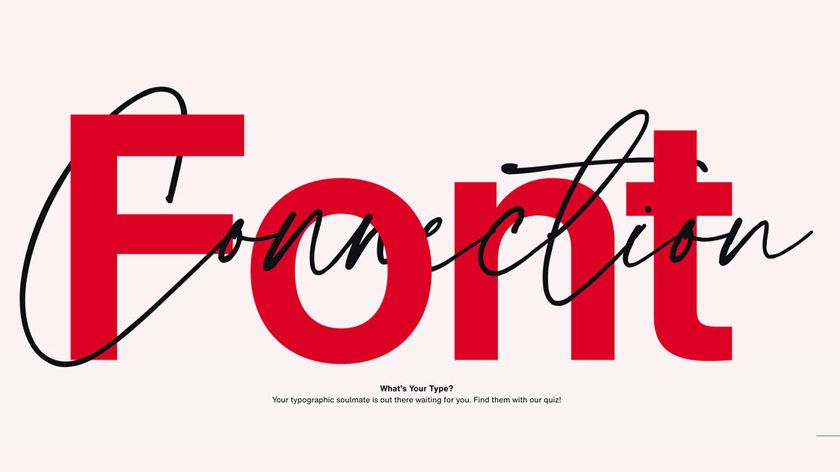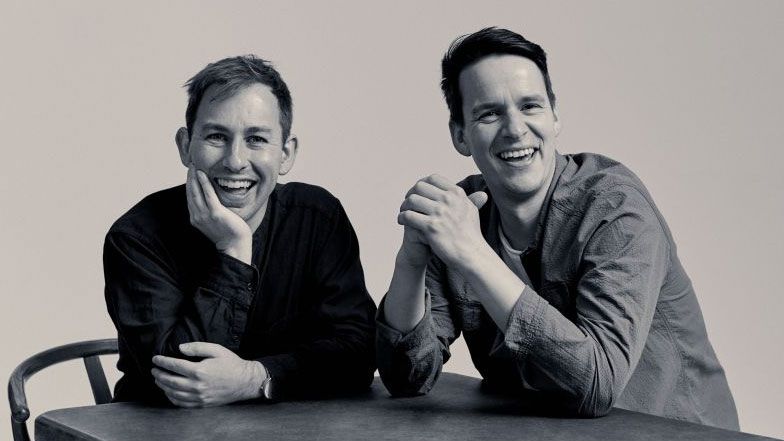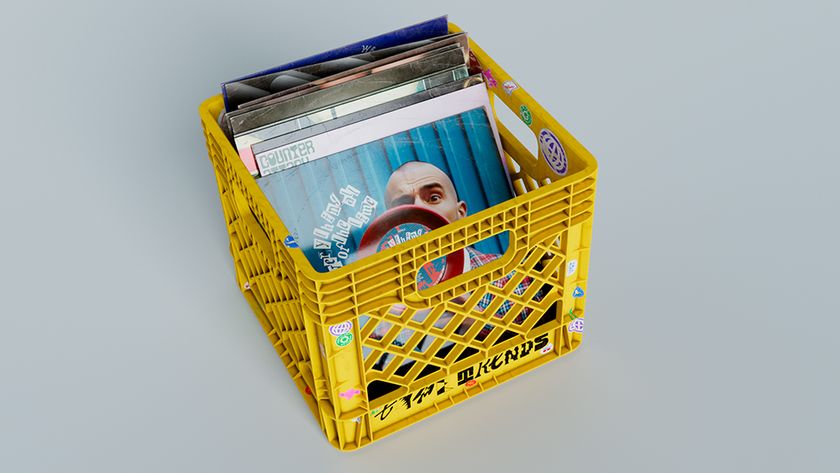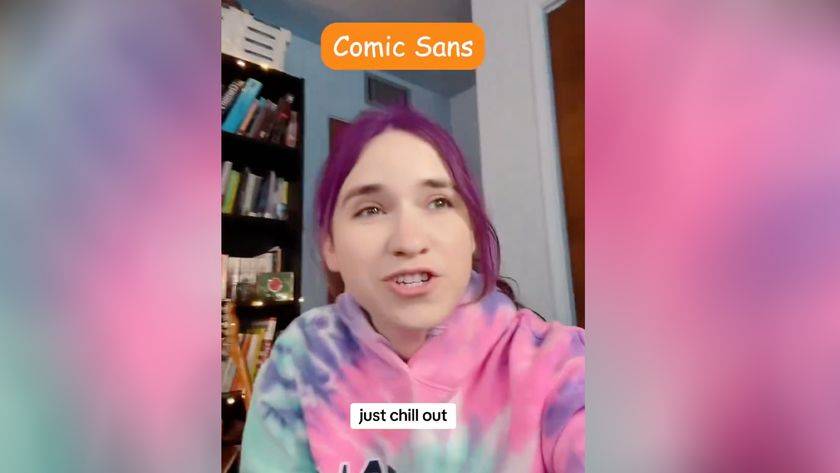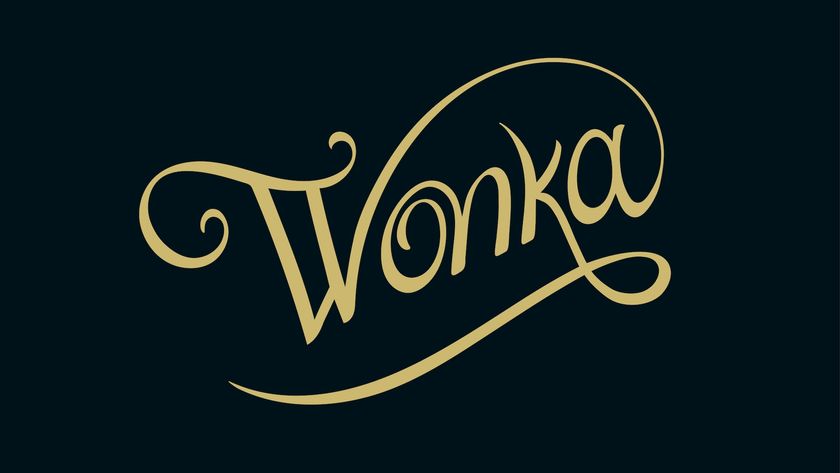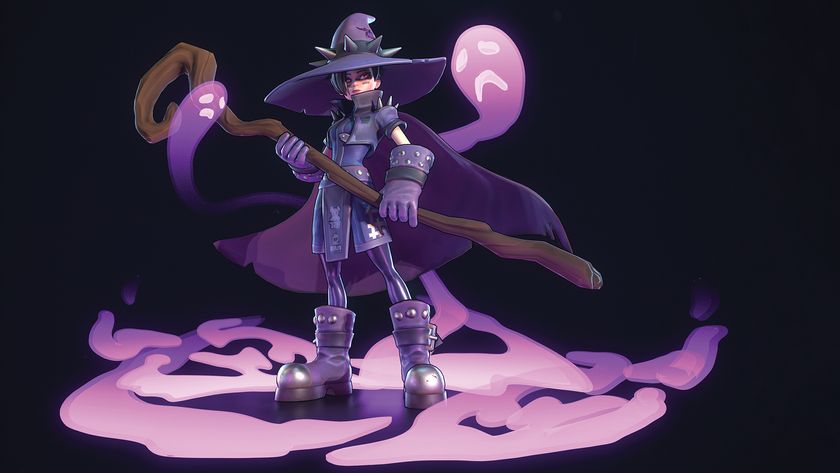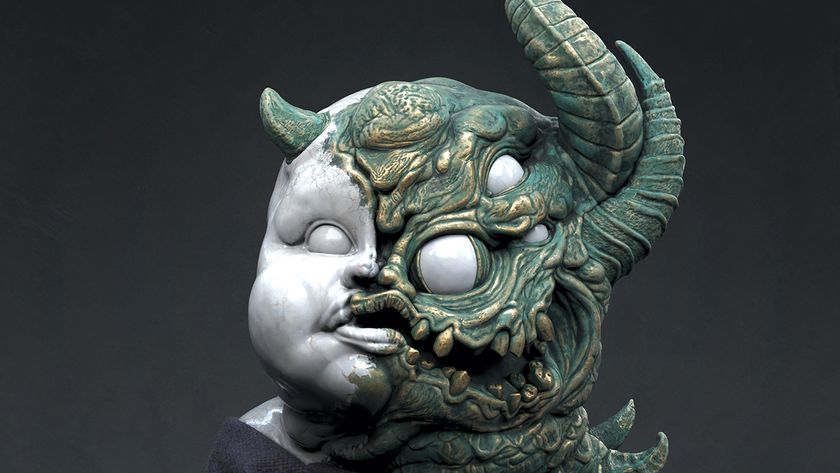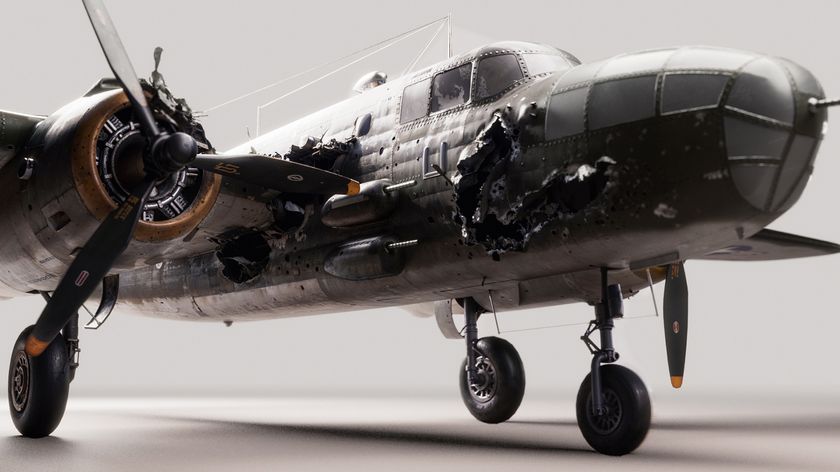10 pro tips for perfect typography
Ensure that your typography hits all the right notes with these 10 tips that every designer needs to know.
Typography is an essential element of almost every design discipline. But however keen your skills, there's always something new to learn. Here we bring you 10 essential tips to boost your typographic knowledge and help increase your productivity and speed up your workflow...
01. Take your time

Picking the perfect typefaces can take a lot of work. Don't get into the practice of choosing the same ones over and over again. It's easy to start using your personal 'defaults' or favourite pairings. Spend time discovering new options. And spend time developing your own little nuances in the way that you treat a typeface, to really make it sing.
02. Don't use too many

If you have 10 different typefaces on one page, you're doing it wrong. Limit yourself. Using fewer will help the faces you do choose stand out. You can create variety in other ways like size, weight or case.
03. Don't rely on trends

Gotham might be amazing, but it's not right for everything. It's good to know what's 'in' but try not to rely too heavily on trends because just using the latest typeface won't make your work the 'greatest'. Instead of simply surfing the net for new fonts, open a book, and research some tried and tested classics.
04. Keep typefaces different

When choosing typefaces to work together, make sure they complement each other instead of matching. If you choose two that are too similar, it might look like a mistake or an inconsistency in the font.
05. Don't forget about serifs

Yes, sans serif is contemporary and modern and clean and all that. But with a little love, a classic and dependable serif can be all those things too. The real magic happens when you find a pairing that brings the best out of each typeface. Be brave and stray away from Helvetica: it will be all right.
06. Remember legibility

Seems too obvious, right? As designers, we sometimes get so caught up in the 'look' of things: there might be an amazing photo behind it, black on black might be super-slick, and the type might be tiny and adorable. But at the end of the day the single most important thing is that someone - everyone - is able to read what it's supposed to say.
Get the Creative Bloq Newsletter
Daily design news, reviews, how-tos and more, as picked by the editors.
07. Create a hierarchy

Decide which typefaces will be used for what and how they will be treated, and stick to it. Setting up a system will make it easier for you to flush out the rest of the layout and easier for the reader to navigate.
08. Let your type breathe

Use leading, kerning and tracking to make sure there's room for your type to be read and digested properly. Whether you're designing type within a logo or laying out a long-format piece, don't just let the default decide. Type is meant to say something, so the best logos make sure that it isn't cramped together or cluttered.
09. Be legal

Just because you got a typeface off the web or from a friend doesn't mean you can use it wherever you want. Think of it like stock photography: you have to know the copyrights before it goes to print.
10. Smaller is better

Okay, not always. But seriously could you bring down that big horsey type, please? The easiest way to make something look sophisticated and tasteful is to make the type smaller. Not illegibly small, but take a second look at your layout and see if you can't nudge everything down a couple of point sizes.
Words and icons: Abby Wynne and Jesse Hora of MAKE
Liked this? Read these!
- Download the best free fonts
- Free graffiti font selection
- Free tattoo fonts for designers
- The best free web fonts for designers
Do you have typography tips to share with the community? Leave them in the comments below!

Thank you for reading 5 articles this month* Join now for unlimited access
Enjoy your first month for just £1 / $1 / €1
*Read 5 free articles per month without a subscription

Join now for unlimited access
Try first month for just £1 / $1 / €1
The Creative Bloq team is made up of a group of design fans, and has changed and evolved since Creative Bloq began back in 2012. The current website team consists of eight full-time members of staff: Editor Georgia Coggan, Deputy Editor Rosie Hilder, Ecommerce Editor Beren Neale, Senior News Editor Daniel Piper, Editor, Digital Art and 3D Ian Dean, Tech Reviews Editor Erlingur Einarsson and Ecommerce Writer Beth Nicholls and Staff Writer Natalie Fear, as well as a roster of freelancers from around the world. The 3D World and ImagineFX magazine teams also pitch in, ensuring that content from 3D World and ImagineFX is represented on Creative Bloq.
